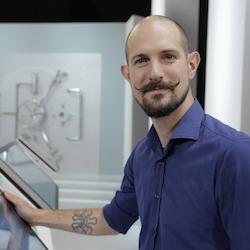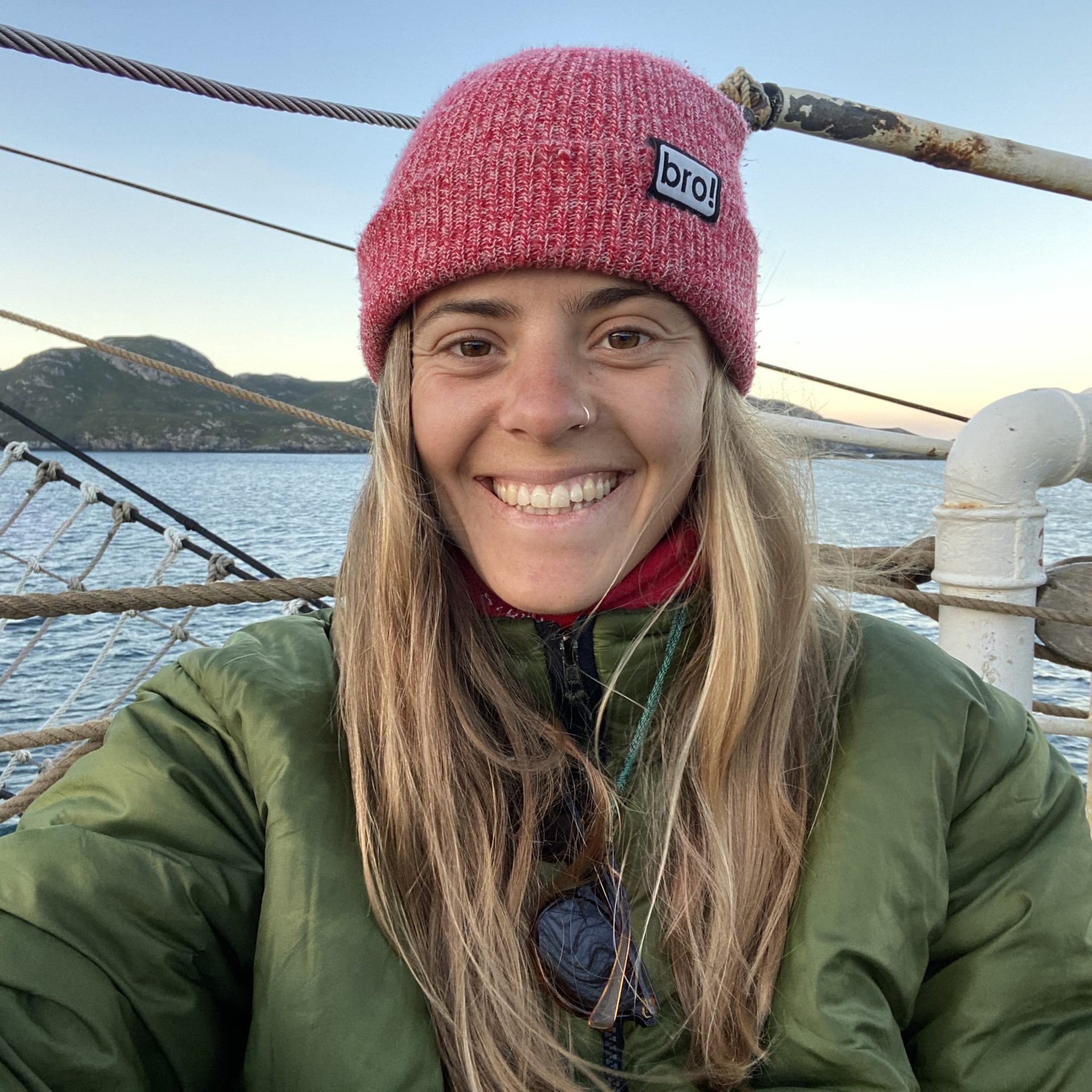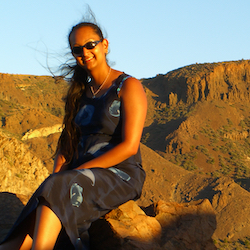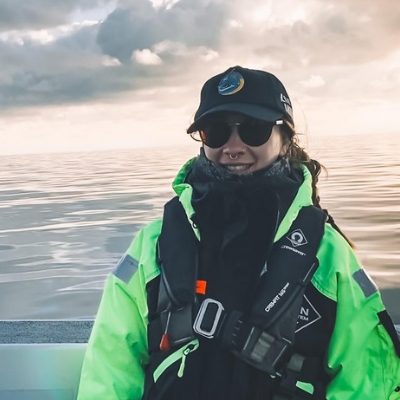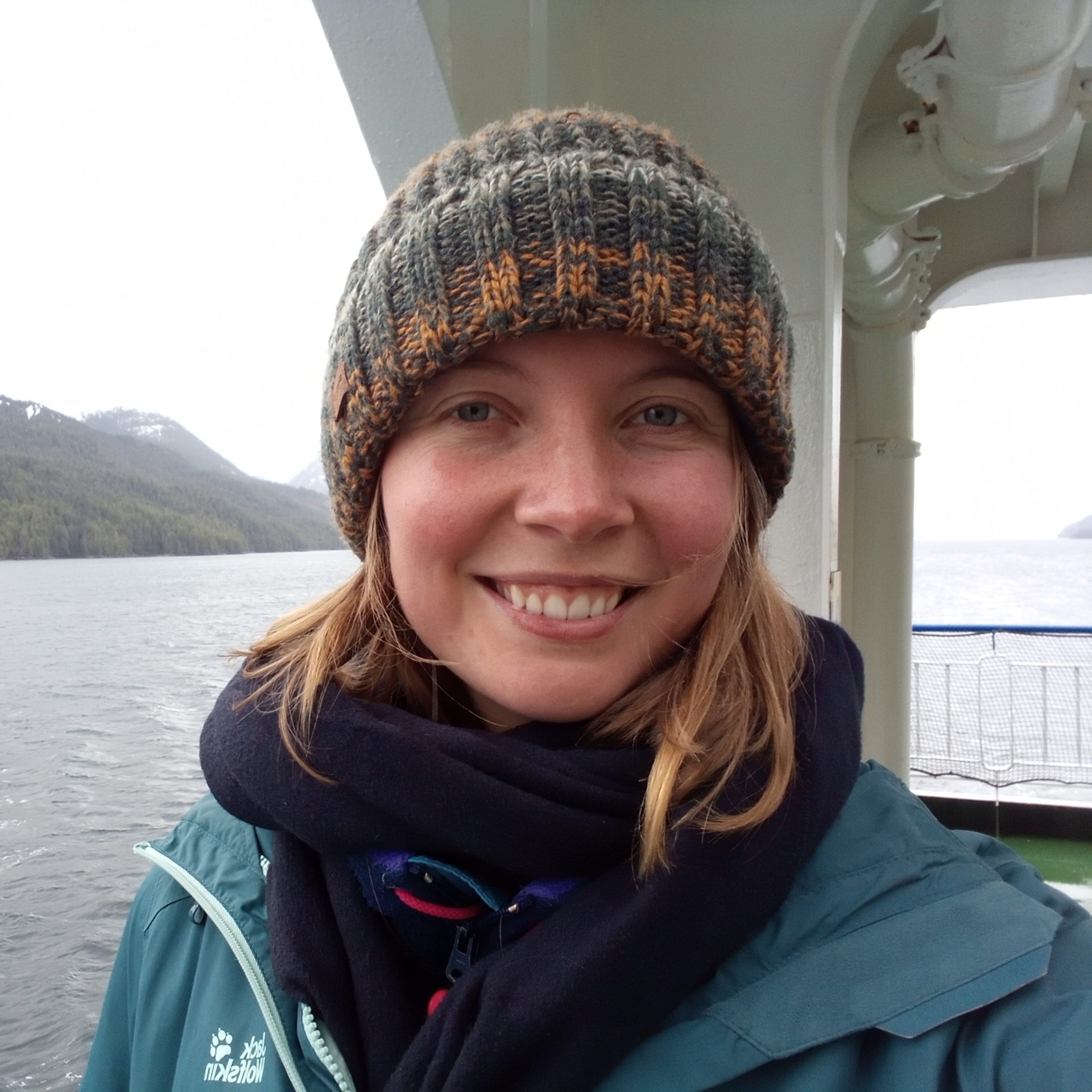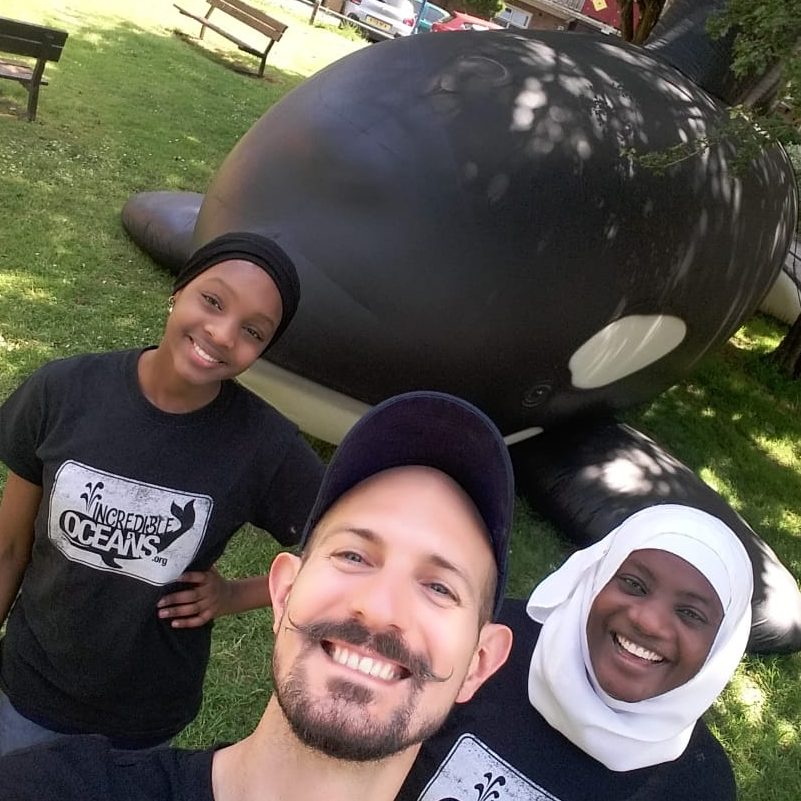Description
Whales and dolphins are definitely some of the most charismatic creatures on Earth; the massive blue whale, the devious orca, the courageous humpback and many, many more. So let’s explore these ocean giants and their amazing adaptations.
KS1, KS2, KS3
Description
Being that we’ve only explored 5% of our ocean, we discover a new creature every two weeks. Come with us on voyage into the depths as we encounter the weird and wonderful creatures en route, we explore how they've adapted to life in the deep ocean.
(KS1, KS2, KS3)
Description
Ever wondered why more people have been to the Moon that have been to the bottom of our ocean? Drawing from our TEDx talk, we look at the technological and physiological hurdles to overcome to visit each of these environments. It surprises people that visiting our ocean is HARDER than going to space!
(KS3, KS4, KS5)
Description
When it comes to discussions around climate change, the dialogue is always ‘plant trees & stop flying’, yet the ocean, despite being linked to the atmosphere, is often left out. Discover all the ways that the ocean reduces the effects of climate change and how it may hold the answers to solving the climate crisis.
(KS3, KS4, KS5)
Description
Plankton are the microscopic plants and animals found in every pond, puddle, river, lake and ocean in the world. Despite their tiny size, they play a big role in keeping us (and the rest of the ocean!) alive in a number of ways. These weird and wonderful organisms not only underpin the marine food chain but also produce most of the oxygen that we breathe!
(KS3, KS4, KS5)
Description
Let’s join Jason and his Argonauts as we embark on a voyage of discovery to learn about the creatures that inspired countless fishy tales and salty sea-dog stories. Mermaids, dragons, sea serpents, The Kraken, The Meg; unbelievably, all of these are based on REAL sea creatures!
(KS1, KS2, KS3)
Description
Unless you’ve been hiding under a single-use bottle, you’ll know that our use of plastic is a BIG issue. Instead of overwhelming and depressing, this presentation focuses on solutions to ocean plastic, including simple solutions to try on the day-to-day.
(KS2, KS3, KS4)
Description
Everyone has a favourite whale, right? Drawing upon Herman Melville’s iconic novel, Moby Dick, we go looking for the ocean’s most charismatic creatures; sperm whales. Find out about their astonishing abilities and their place in whaling history.
(KS1, KS2, KS3)
Description
The octopus is the closest thing to an alien on Earth; a higher-level organism with a body and brain entirely different to a human. As we explore their amazing adaptations, you’ll come away from this presentation with a new perspective on life (as well as a new favourite animal!).
(KS2, KS3, KS4)
Description
Using the storybook, The Ocean Is My Home, (written by ocean scientists at the European Global Ocean Observation System), we take a journey with Sammy the Sea Turtle as we explore the amazing ways that scientists find out about how our ocean works.
(KS1, KS2)
Description
Part-science, part-art, participants use simple hand-held microscopes to observe and document the tiny plants and animals that live in a drop of water.
(KS1, KS2, KS3)
Description
A circus of activities where participants learn about the engineering principles that underpin ocean-going vessels. A great introduction to the world of marine engineering as we get creative making canoes, paddle-boats, submarines and hovercrafts.
(KS1, KS2, KS3)
Description
Starting out looking at classification and adaptations, participants go on to learn how to conduct a scientific dissection of a fish NB. Not for the squeamish!
(KS2, KS3, KS4)
Description
There’s been an oil spill and you’ve been called in to help! Problem-solve your way to a cleaner ocean in this race against time as teams compete against each other to clean up their own oil spill. Explore what oil is, why it is important and the environmental impacts of our reliance on oil.
(KS1, KS2, KS3)
Description
Developed in conjunction with the Royal Society of Chemistry, we explore ocean chemistry with a circus of experiments that includes electrolysis of seawater, saltwater batteries, deep-sea biochemistry, seaweed chlorophyll extraction and plastic recycling.
(KS2, KS3, KS4, KS5)
Description
With our orca skull replica as the centre piece, we instruct you through a still-life drawing class as participants flex their creative muscles. During drawing tasks, learn about orca anatomy, behaviour, and evolution.
(KS2, KS3, KS4, KS5)

We also offer online teacher training seminars via the National College.
